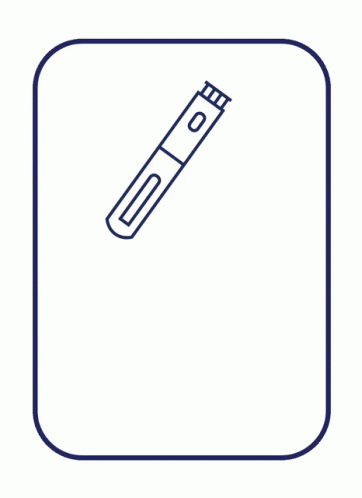Living with Diabetes: Beyond Blood Sugar

Living with Diabetes: It’s More Than Just the Numbers
When most people think of diabetes, they think of blood sugar levels, insulin, and diet restrictions. While those are important, diabetes is about so much more than managing numbers. It affects your emotions, energy levels, relationships, and overall well-being.
If you’ve ever felt overwhelmed, exhausted, or frustrated by the daily demands of diabetes, you’re not alone. Living with a chronic condition takes more than just medical management—it requires emotional resilience, support, and self-care. Let’s explore how to thrive beyond blood sugar control.
1. Managing Diabetes Burnout: When It Feels Like Too Much
Checking blood sugar, planning meals, remembering medications—diabetes can feel like a full-time job. Over time, this constant management can lead to diabetes burnout, a state of emotional exhaustion where you feel like giving up.
What You Can Do:
✅ Acknowledge your feelings: It’s okay to feel frustrated. Diabetes is tough, and you’re doing your best.
✅ Take a break (safely): If you’re feeling overwhelmed, talk to your doctor about small adjustments that can lighten your routine.
✅ Connect with others: Join diabetes support groups (online or in person) to share struggles and solutions with people who get it.
Remember, perfection isn’t the goal—progress is.
2. The Mind-Body Connection: Stress and Blood Sugar
Stress isn’t just in your head—it affects your body too. When you’re stressed, your body releases hormones like cortisol, which can make blood sugar levels spike. That’s why managing stress is just as important as managing carbs.
What You Can Do:
✅ Practice mindfulness: Deep breathing, meditation, or even a short walk can help lower stress levels.
✅ Move your body: Exercise isn’t just for blood sugar control—it helps release feel-good hormones that combat stress.
✅ Prioritize sleep: Poor sleep can increase stress and disrupt blood sugar levels. Aim for quality rest.
The more you manage stress, the more balanced your body and mind will feel.
3. Nutrition Beyond the Plate: How Food Affects Mood
We all know that diet plays a big role in diabetes, but what you eat also impacts your mental health. Blood sugar spikes and crashes can lead to mood swings, fatigue, and irritability.
What You Can Do:
✅ Focus on balanced meals: Pairing protein, fiber, and healthy fats with carbs helps prevent sugar crashes.
✅ Stay hydrated: Dehydration can make you feel tired and confused—drink plenty of water throughout the day.
✅ Enjoy your food: Diabetes-friendly eating doesn’t have to be boring! Experiment with new recipes and flavors.
Food should be nourishing and enjoyable—it’s about balance, not restriction.
4. Relationships & Support: You Don’t Have to Do This Alone
Diabetes isn’t just your journey—it affects your relationships too. Whether it’s family, friends, or coworkers, having a solid support system can make a huge difference.
What You Can Do:
✅ Communicate your needs: Let loved ones know how they can support you, whether it’s meal planning or just listening.
✅ Educate your inner circle: Helping others understand diabetes can reduce misunderstandings and unnecessary comments.
✅ Seek professional support: A therapist or diabetes educator can provide guidance for both emotional and medical challenges.
You’re not in this alone—lean on those who care about you.
5. Finding Joy and Purpose: Diabetes Doesn’t Define You
It’s easy to feel like diabetes controls your life, but you are in charge—not your condition. Finding joy in everyday life is crucial for long-term well-being.
What You Can Do:
✅ Engage in hobbies: Whether it’s painting, reading, music, or travel, make time for what makes you happy.
✅ Set small goals: Celebrate progress, whether it’s trying a new recipe, walking an extra 10 minutes, or improving self-care habits.
✅ Practice gratitude: Focusing on positive moments can shift your mindset and help you feel more in control.
Your life is more than diabetes—embrace what makes you feel alive.
Thriving with Diabetes
Managing diabetes goes beyond numbers—it’s about mental health, relationships, stress management, and overall well-being. By addressing burnout, reducing stress, eating mindfully, building a support system, and focusing on joy, you can thrive rather than just survive.
You are more than your diagnosis, and every step you take toward self-care is a step toward a healthier, happier you.